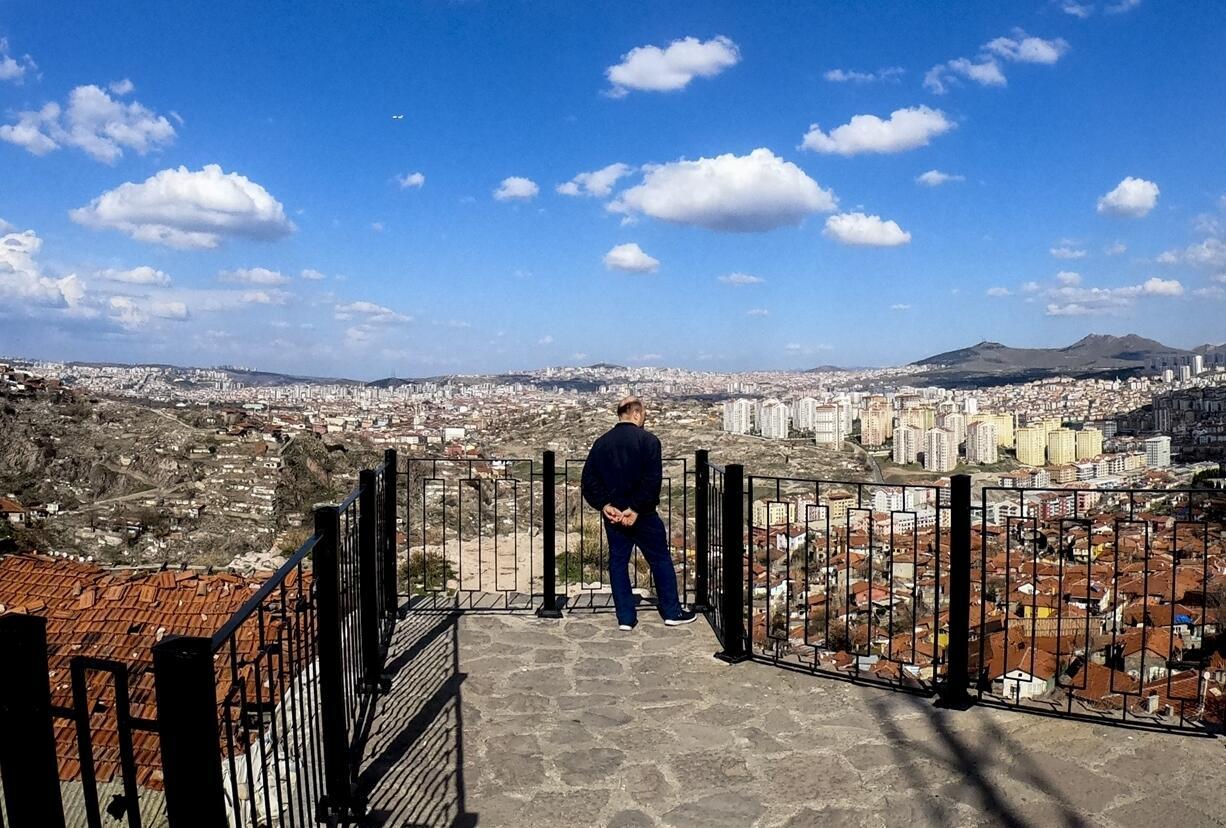
Turkish citizens, especially those living in metropolises, have been abiding by the “social isolation” principles laid out by the government, Interior Minister Süleyman Soylu has said, adding that almost 80 percent of life “stopped” in Turkey.
“Up until now, just our ministry issued 38 circulars, 17 of which concern the borders. Many high-level precautions have been taken. Right now, 80 percent of life stopped in Turkey,” Soylu said on March 26 in an interview with a private broadcaster.
Soylu also provided updated figures for passenger traffic. He said that there is a 73 percent decline in inter-city bus services, adding that these services can also be suspended if needed.
On intra-city traffic, Soylu said that there has been an 80 percent decline. This figure was 65 percent according to another interview the minister held on March 25.
The government has four cruxes it predicates on when taking measures against the spread of the novel coronavirus, according to Soylu.
“If we can ensure these four, we can keep the system up,” he said.
“We are following how the disease [and] the outbreak is spreading and which ages it gets to, with our Health Ministry. We are gradually increasing measures,” he added.
When asked if the public is abiding by the imposed restrictions, the minister said in metropolises “stand back” yet the same cannot be said for rural areas.
“Maybe I am saying something harsh but there is problem[s] in eastern and southeastern Anatolia. In Ankara, Istanbul, and İzmir, the cities have withdrawn,” he said.
As for a possible full-on curfew, Soylu echoed his previous remarks and said if the government cannot prevent an outbreak with the measures it has taken up until now, more precautions can be taken.
“Full social isolation is always on our agenda. If we can’t prevent the outbreak, we can, of course, take the most superior precaution,” he said.
Saudi Arabia did not report cases among pilgrims
Regarding the accusations the public made towards the government, saying it was “late” in taking precautions for those arriving from the Umrah pilgrimage, the minister said that Saudi Arabia did not report any cases, either to Turkey or the world.
“Whenever the first case emerged, our Health Minister took action and said, ‘We are taking these [people] to dorms.’ Some countries are hiding these and if they are not sharing, we can only look at their official data,” Soylu said.
He also added that all precautions were taken after the first case from Umrah pilgrimage was confirmed.
“My aunt came from the Umrah [pilgrimage]. I told her not to leave anywhere. I told my parents the same thing,” he said.
“No one should be offended. We will overcome these together,” he added.
Comments
Post a Comment